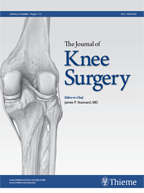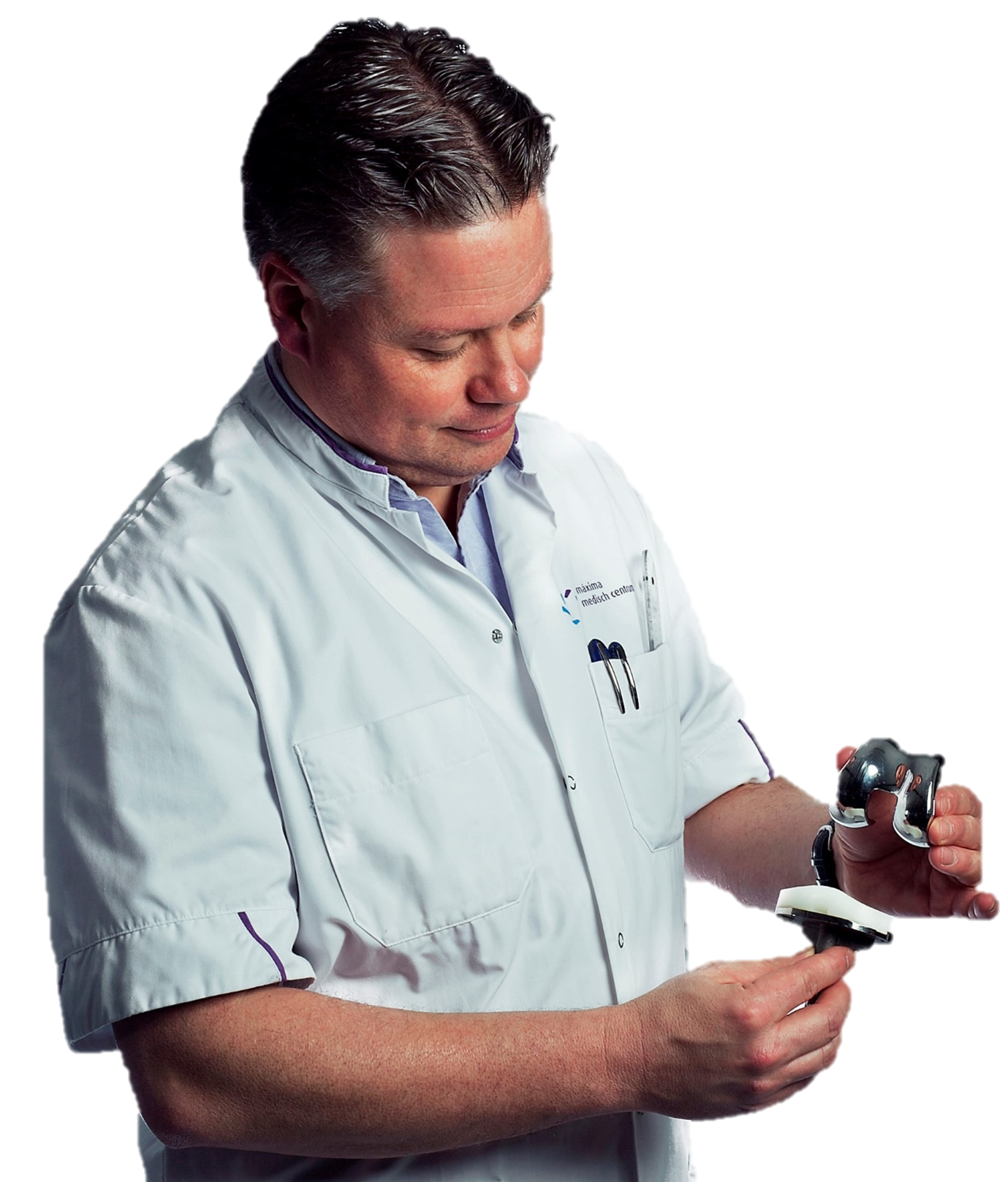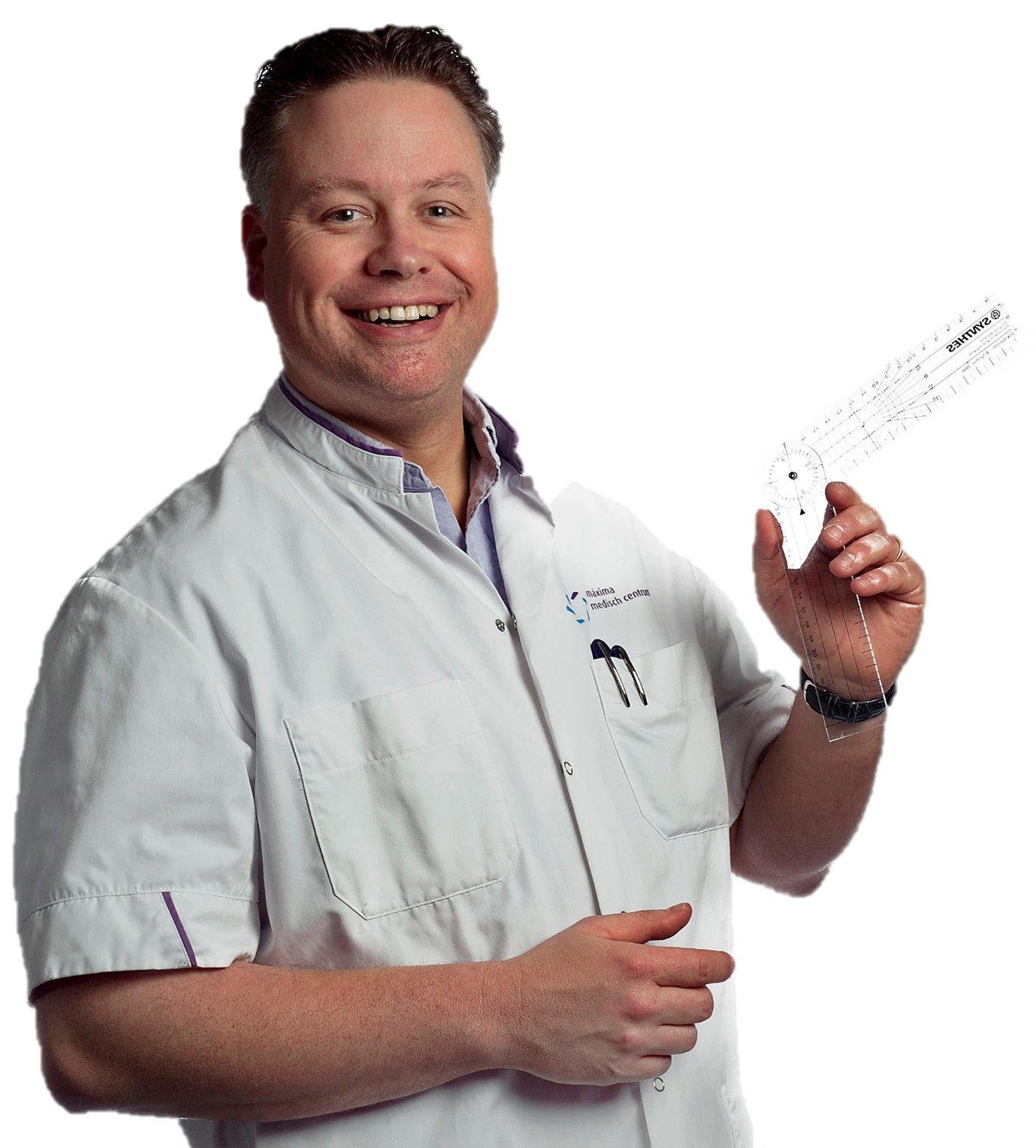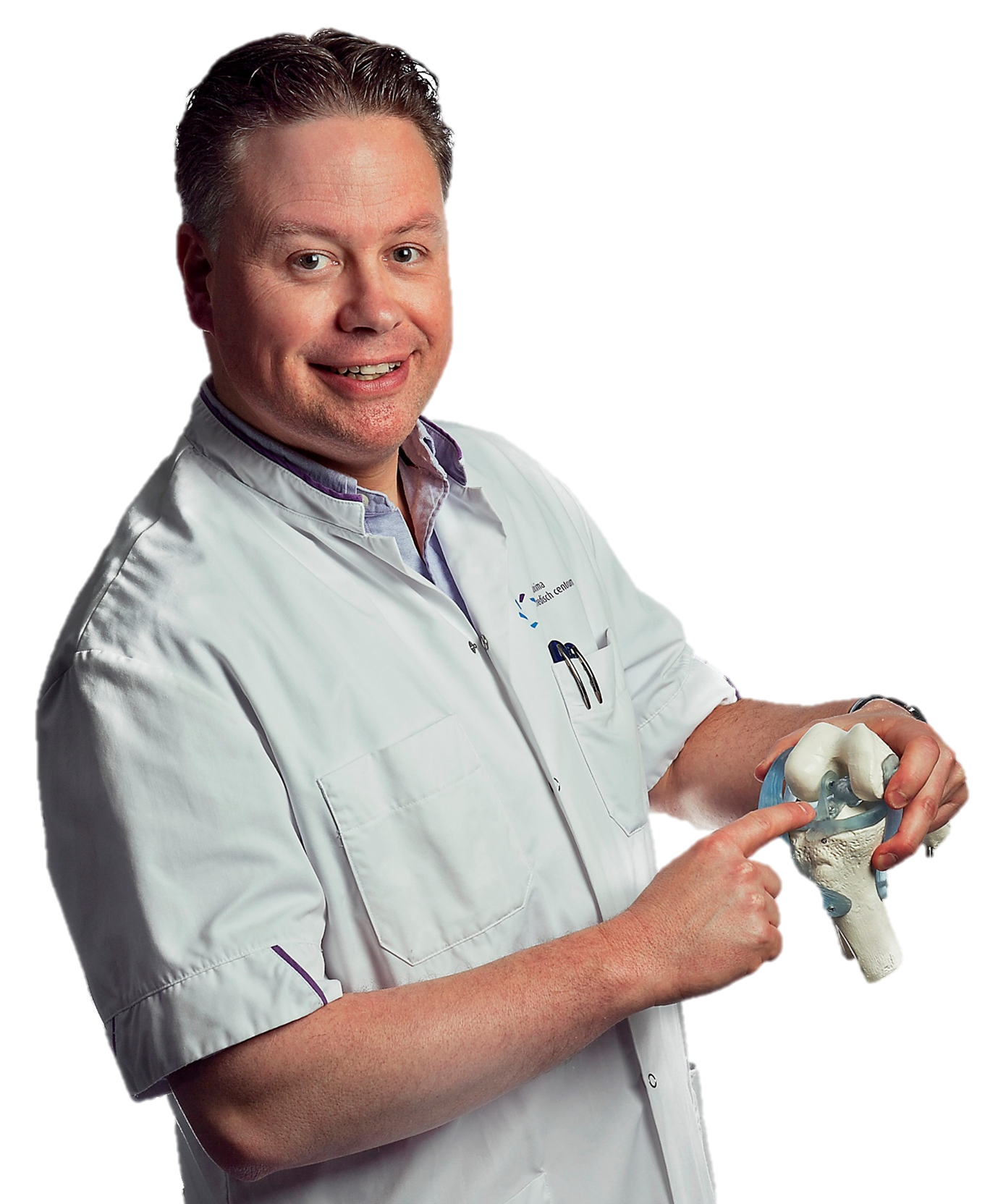STARR Study Group, Meuffels, D. E., &...
Outcome expectations of total knee arthroplasty patients: the influence of demographic factors, pain, personality traits, physical and psychological status

Abstract
Unfulfilled preoperative expectations have a strong influence on the outcome after total knee arthroplasty (TKA). More insight into determinants of the level of expectations is useful in identifying patients at risk for having expectations of the treatment result that are too high or too low. This information can be used in optimizing preoperative expectation management. The aim of the current study was to analyze to what extent preoperative outcome expectations of TKA patients are affected by psychological factors, demographic factors, pain, physical function, and general health status. We performed a cross-sectional analysis of 204 patients with symptomatic and radiographic knee osteoarthritis (OA), scheduled for primary TKA. Outcome expectations were measured using the hospital for special surgery knee replacement expectations survey. Independent variables included were age, sex, body mass index, and patient-reported outcome measures for pain, physical function, quality of life, anxiety, depression, catastrophizing, optimism, and pessimism. Multiple linear regression analyses were used to evaluate associations between these variables and preoperative outcome expectations. Female sex, higher age, higher depression score, and duration of complaints > 50 months showed to be significant predictors of lower expectations for the treatment outcome after TKA. Baseline pain and function scores were not related to the level of preoperative expectations. The present study aids in identifying patients at risk for having either too high or too low expectations. This knowledge can be utilized in individualized expectation management interventions.





